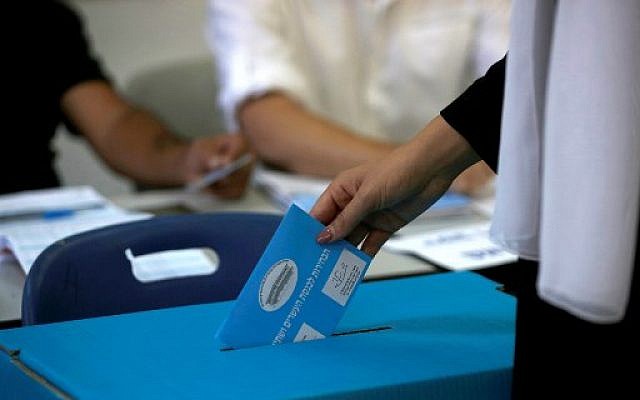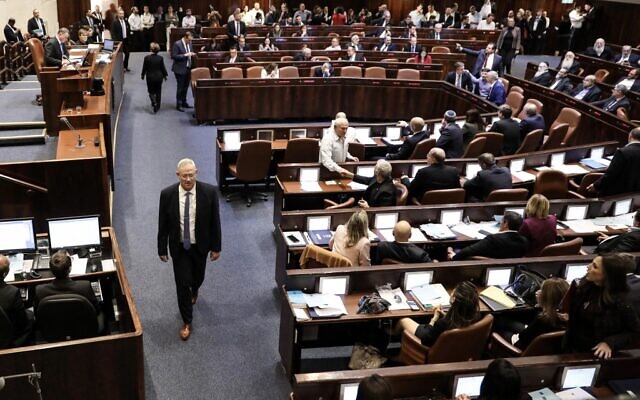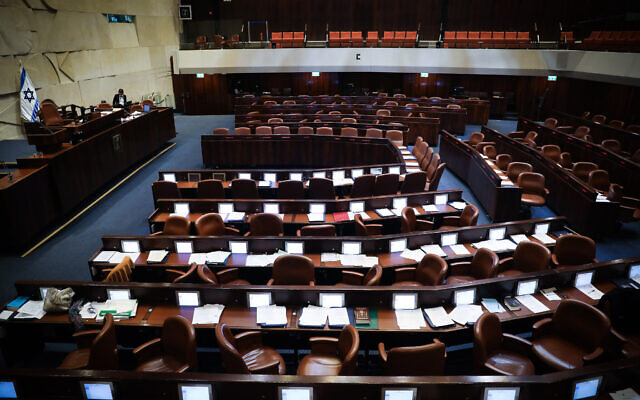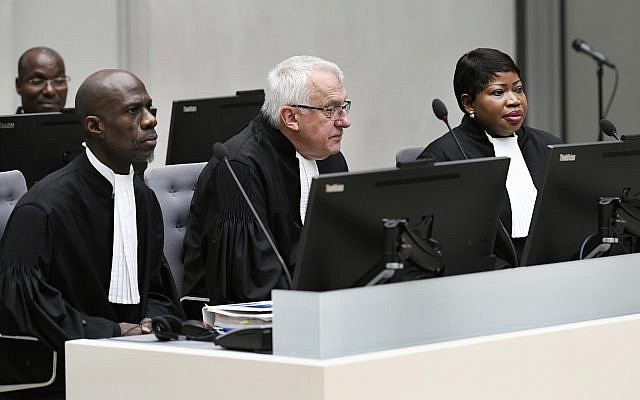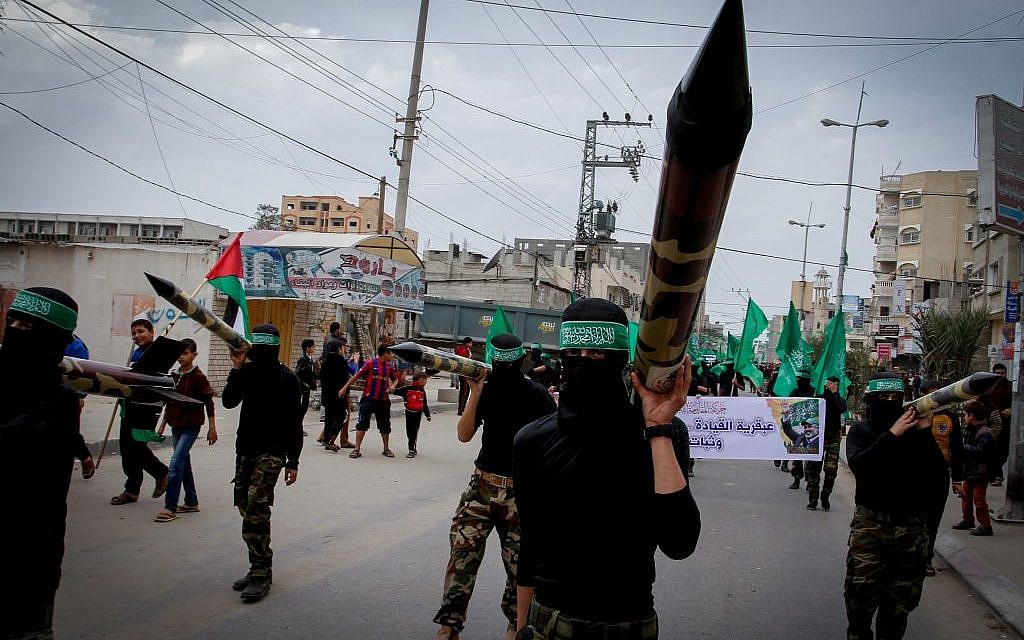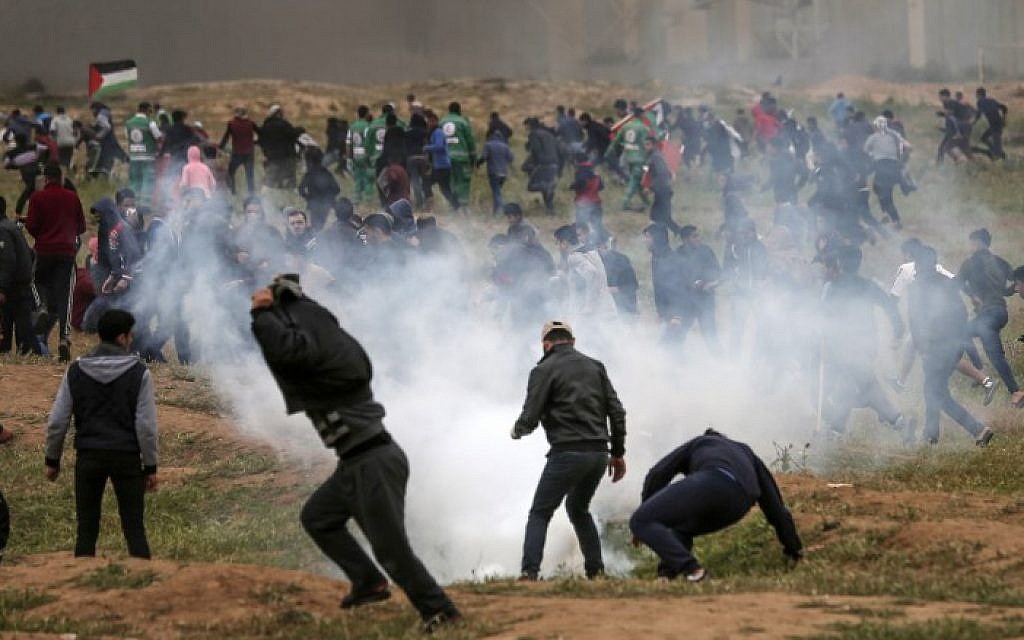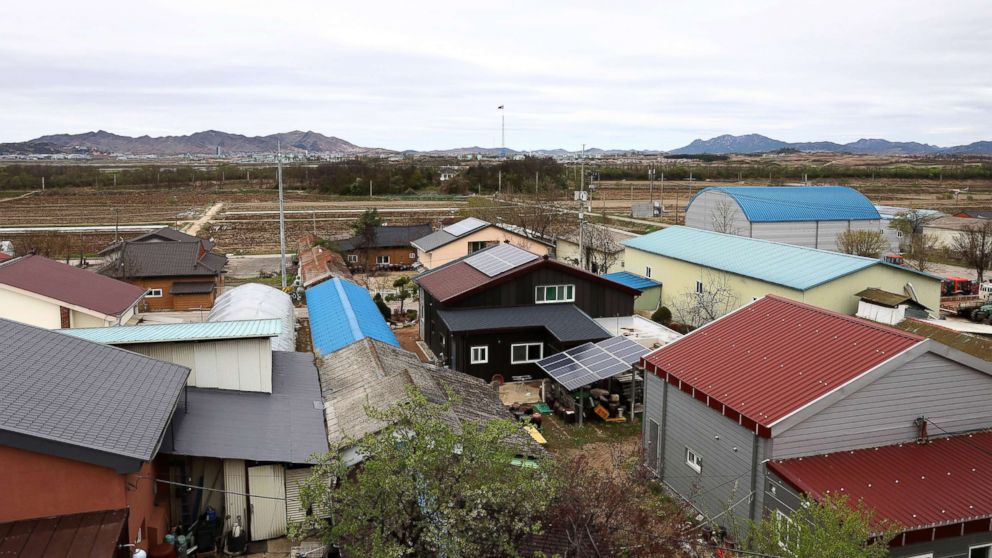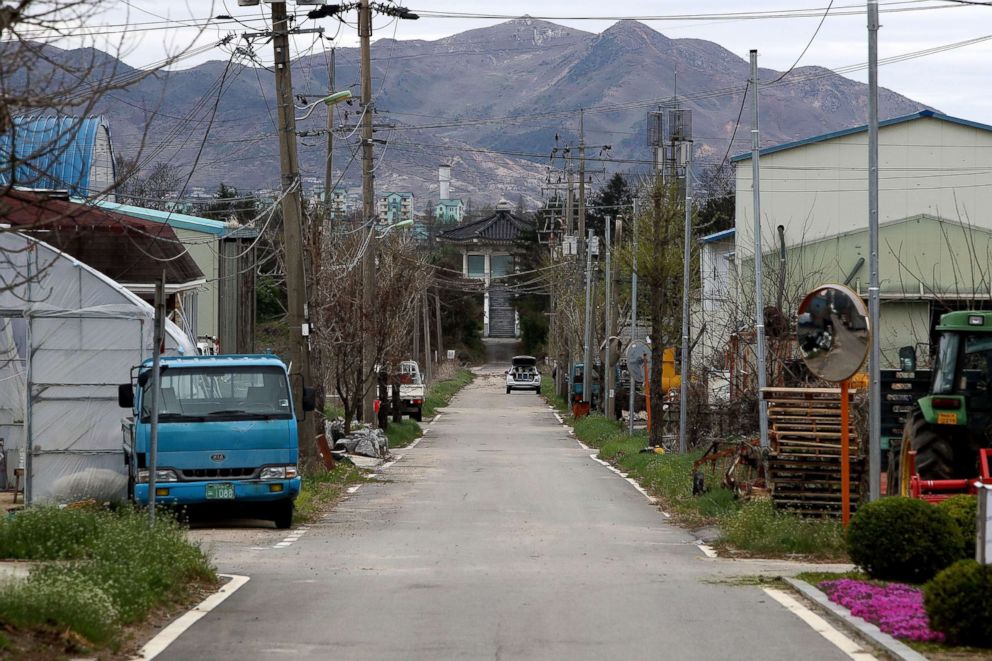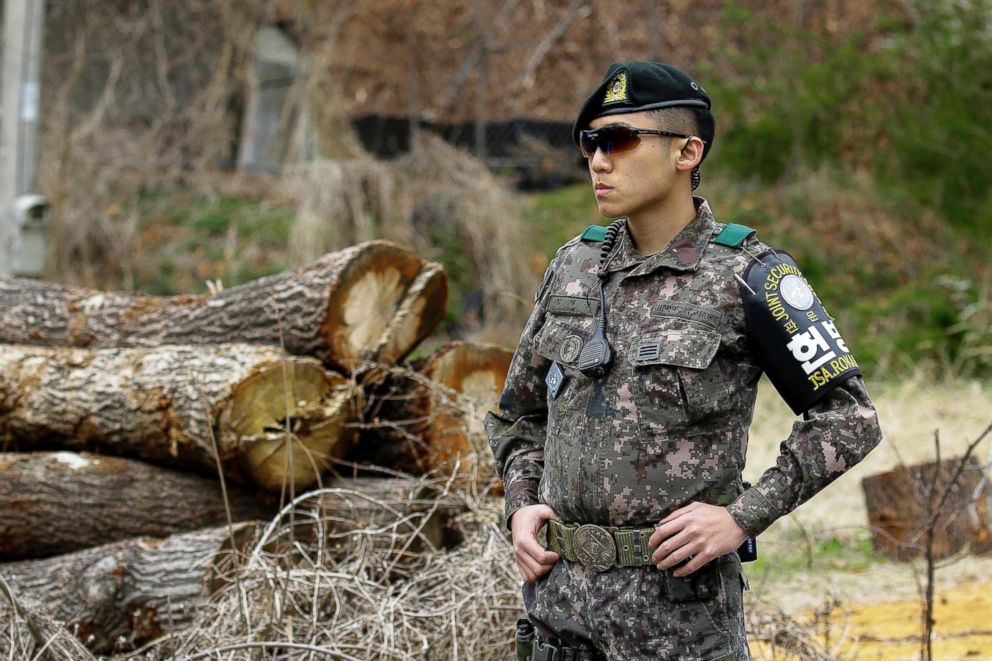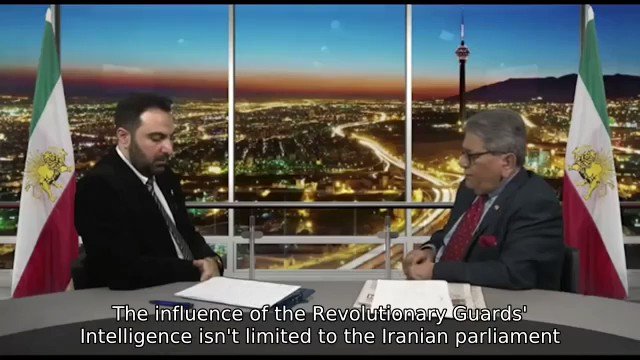Iraq, Increasingly Indistinguishable from Iran
"[The American operations will] degrade KH's ability to conduct future attacks [against coalition forces]."
"Iran and their KH [Kataib Hezbollah] proxy forces must cease their attacks on U.S. and coalition forces, and respect Iraq's sovereignty, to prevent additional defensive actions by U.S. forces."
"KH has a strong linkage with Iran's Quds Force and has repeatedly received lethal aid and other support from Iran that it has used to attack OIR coalition forces."
Jonathan Hoffman, chief Pentagon spokesman
"The Iraqi Prime Minister expressed his strong objection to this unilateral decision and his concern that it would lead to further escalation and demanded that he [Defense Secretary Mark Esper] stop it [airstrikes] immediately.""These strikes represent a treacherous stab in the back."Abdelkarim Khalaf, spokesman of the commander of Iraq's Armed Forces
"[The Baghdad government rejects] unilateral action [by coalition forces inside his country]."
"We have already confirmed our rejection of any unilateral action by coalition forces or any other forces inside Iraq. We consider it a violation of Iraq's sovereignty and a dangerous escalation that threatens the security of Iraq and the region."
Iraqi Prime Minister Adil Abdul Mahdi
![US attacks Shia militias: Iraq, Syria, Iran, Russia, Israel react Iraqi people walk on a United States flag in a protest after an air attack at the headquarters of Kataib Hezbollah militia group in al-Qaim, Iraq [Alaa al-Marjani/Reuters]](https://www.aljazeera.com/mritems/imagecache/mbdxxlarge/mritems/Images/2019/12/30/bec52d99cee74c3bab514df836eabf92_18.jpg) |
| Iraqi people walk on a United States flag in a protest after an air attack at the headquarters of Kataib Hezbollah militia group in al-Qaim, Iraq [Alaa al-Marjani/Reuters] |
Repeated attacks on U.S. installations on Iraqi bases by Kataib Hezbollah spurred the U.S. to action, as simple as that. Five facilities in Iraq and Syria with ownership of the Shiite militia with its Iranian backing were bombed by U.S. F-15 Strike Eagle fighter planes on order from the Pentagon and the U.S. administration after an American contractor was killed when an Iraqi base was hit. That the Iraqis feel Iran-linked militias have impunity to act as they will targeting the U.S. may very well reflect the fear the Iraqi administration feels that Iran might hold them accountable.
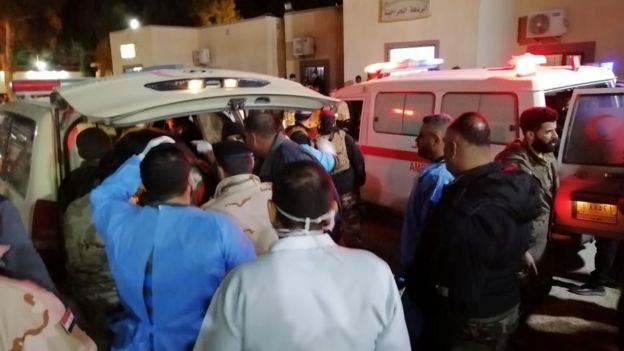 |
| Paramilitary Popular Mobilisation: dozens of people killed or injured Reuters |
Pulling the strings on a puppet government cautious lest it give offence to its powerful terrorist neighbour seems appropriate for the Byzantine intrigues and violence of the Middle East. The targeted militia has given its own due warning that it is prepared to draw on its resources to inflict further casualties on U.S. interests. Which will have the effect of drawing the U.S. back into an endless conflict it would prefer to vacate.
The Pentagon knows the militia's links to Iran's Quds Force, the special operating forces of the Iranian Republican Guard Corps tasked to guide their external proxy militias outside Iran. Since Iran controls the militias and they feel secure enough to attack U.S. interests, the provocation is coming from Iran, the response from the U.S. So if any entity is responsible for the potential of heightened hostilities and linked violence it is the Islamic Republic which feels itself indomitable.
It is long past time for a comeuppance and for events to take place to determine whether or not the regime can survive the restive efforts of Iranian protests and the linked Iraqi protests at the involvement of Iran in the affairs of its neighbours to fulfill its viciously nefarious plans of conquest. Those protests are concerning enough to both regimes to elicit deadly means to stifle dissent.
The militia's holdings that were targeted in both Iraq and Syria included facilities for weapons storage, and areas used by the militia in planning attacks against coalition forces.
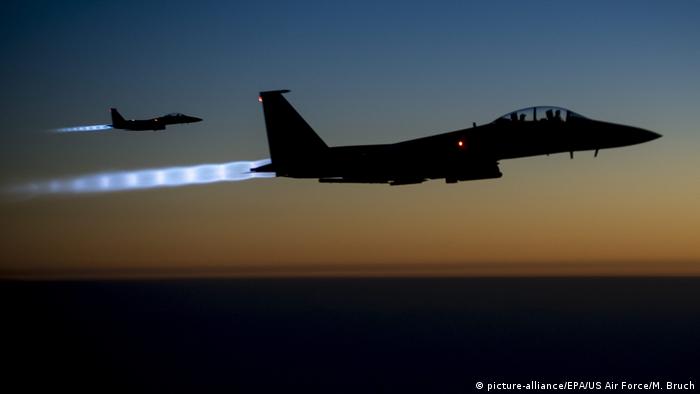
In Iraq about 25 of their fighters were killed and 55 wounded. Among the dead were four local Kataib Hezbollah commanders, the result of one of the strikes targeting the group's headquarters near the border with Syria. Intelligence had alerted Pentagon officials that Iranian backed groups were planning to attack U.S. forces in Iraq. And then, it happened; over 30 rockets had been launched on an Iraqi base near Kirkuk on Friday, killing the contractor and wounding another few U.S. service members.
Concern related to tensions between the U.S and the Popular Mobilization Units, Shiite militias supported and armed by Iran of which Kataib Hezbollah is but one group among many paramilitary groups under the umbrella of the 'popular mobilization units', will lead to further violence within Iraq. "If something happened then we'll be in the middle and it will be chaos", observed Lt.Col.Hassan Kadhim, an officer with the Iraqi army's 8th Division. "It's being done by Iran proxies. Iran wants to have their war in our land."
Iraqi officials failed to effectively respond to a request by U.S. Defense Secretary Mark Esper when he had conveyed his concerns about recent attacks on U.S. bases, with the knowledge it was not the Islamic State that was involved, but rather Iranian proxies. Iraq's co-operation was sought to itself respond to an increase in those U.S. base attacks; an appropriate action since they care so much about their sovereignty. Their previous inaction has led directly to the U.S. defending its own interests.
"My suspicion would be that Iran is behind these attacks, much like they're behind a lot of malign behaviour throughout the region, but it's hard to pin down."
"So again, we need their help [Iraqi military] in terms of getting the security situation under control and stabilized, but we also still retain our right of self-defence."
U.S. Defense Secretary Mark Esper
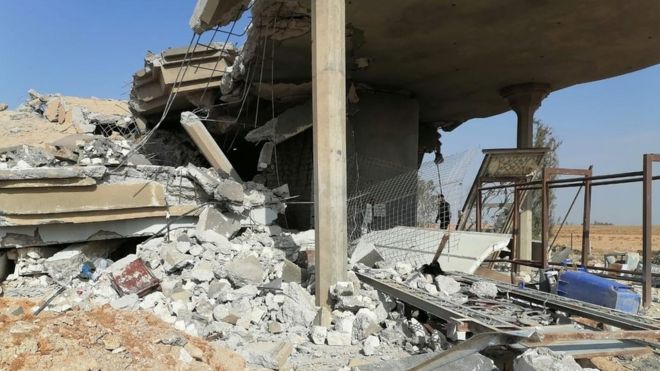 |
| Kataib Hezbollah said its headquarters in the western Iraqi town of al-Qaim was hit Reuters |
Labels: Coalition Forces, Iran, Iraq, Shiite Militias, Syria, United States

